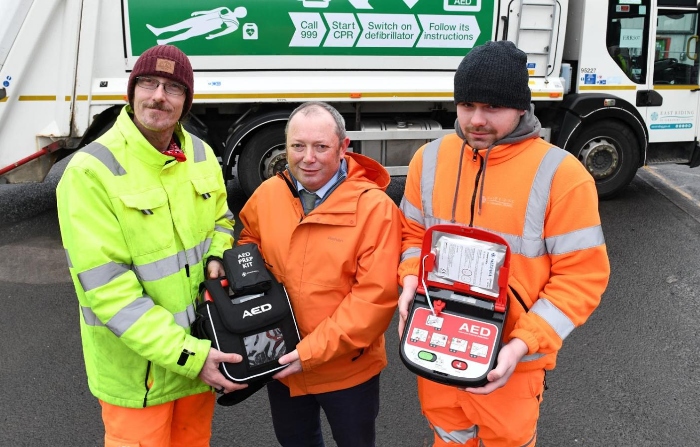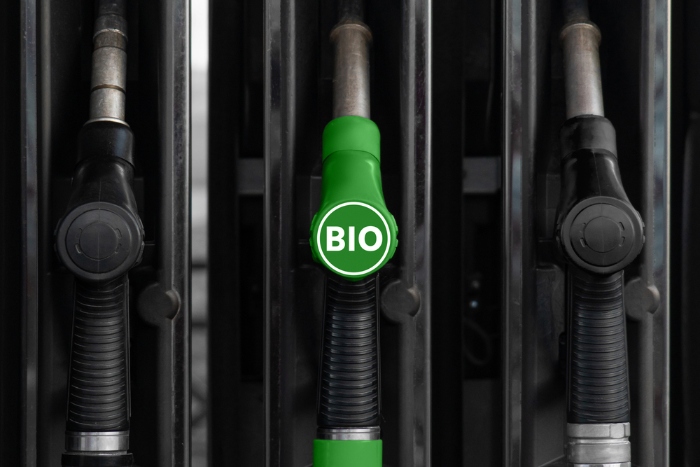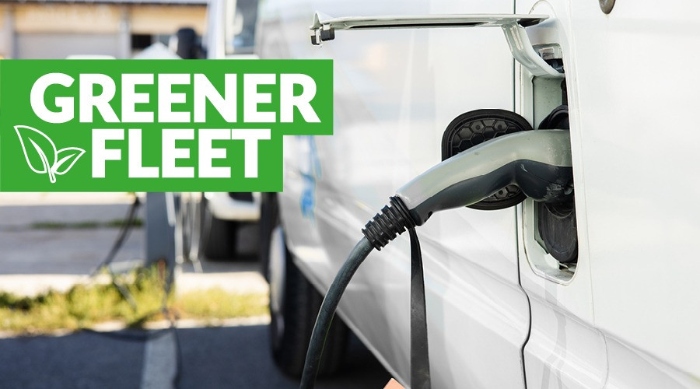A positioning paper, released by The UK Hydrogen and Fuel Cell Association (UK HFCA), has urged the Government to provide financial support to retrofit existing vehicles, develop purpose-built hydrogen combustion HGVs, ships and locomotives and back further research to support investment.
The document – The Case for Hydrogen Combustion – also stresses the need for new legislation to be drawn up to allow the qualification of hydrogen combustion within transport applications and decisions on the use of hydrogen boilers in homes to be accelerated to support the net zero transition.
Celia Greaves, CEO of UK HFCA, said this approach would enable UK industries to thrive in the net zero transition by allowing early and low-cost decarbonisation solutions across transport and heat.
‘The need to decarbonise and mitigate climate change has put the spotlight on combustion processes because the emissions from burning fossil fuels are responsible for global warming,’ she said.
‘However, it is the carbon in these fuels that are the root cause of the CO2 emissions from the exhaust and tailpipes and the actual energy is released from the hydrogen molecules in the fuels.
‘It stands to reason, therefore, that burning hydrogen directly – rather than in conjunction with the carbon – will not generate greenhouse gas emissions and presents an obvious solution – a key role – to facilitate the transition to net zero.’
The positioning paper, created by The Hydrogen Combustion Working Group, said that while burning hydrogen is not new, ‘the downsides of using a light gas, developing the supply chain and producing the pure hydrogen in the first place has meant that it “lost” out to more energy dense and accessible fuels such as diesel, petrol and natural gas.’
The report added: ‘It is only now, when we understand the environmental imperative, that innovators are looking at hydrogen combustion to be part of the future solutions to decarbonisation, on the basis that applying existing know-how, manufacturing capabilities and supply chains, will offer a more cost-effective and faster scaled solution to a number of applications.’
Amanda Lyne, managing director at ULEMCo Ltd and Chair of the Hydrogen Combustion Working Group at the UK HFCA, said: ‘In terms of transport, research is already demonstrating that the efficiency of hydrogen combustion engines is approaching that of hydrogen fuel cells for trucks, tractors, and construction equipment. And this can be done at the same time as exceeding all the other stringent standards for air-quality, that are necessary to meet all the requirements of modern vehicle solutions.
‘Retrofit and purpose-designed engines could transform the CO2 emissions of our transport sector alongside fuel cells and electrification.’

















Leave a Reply